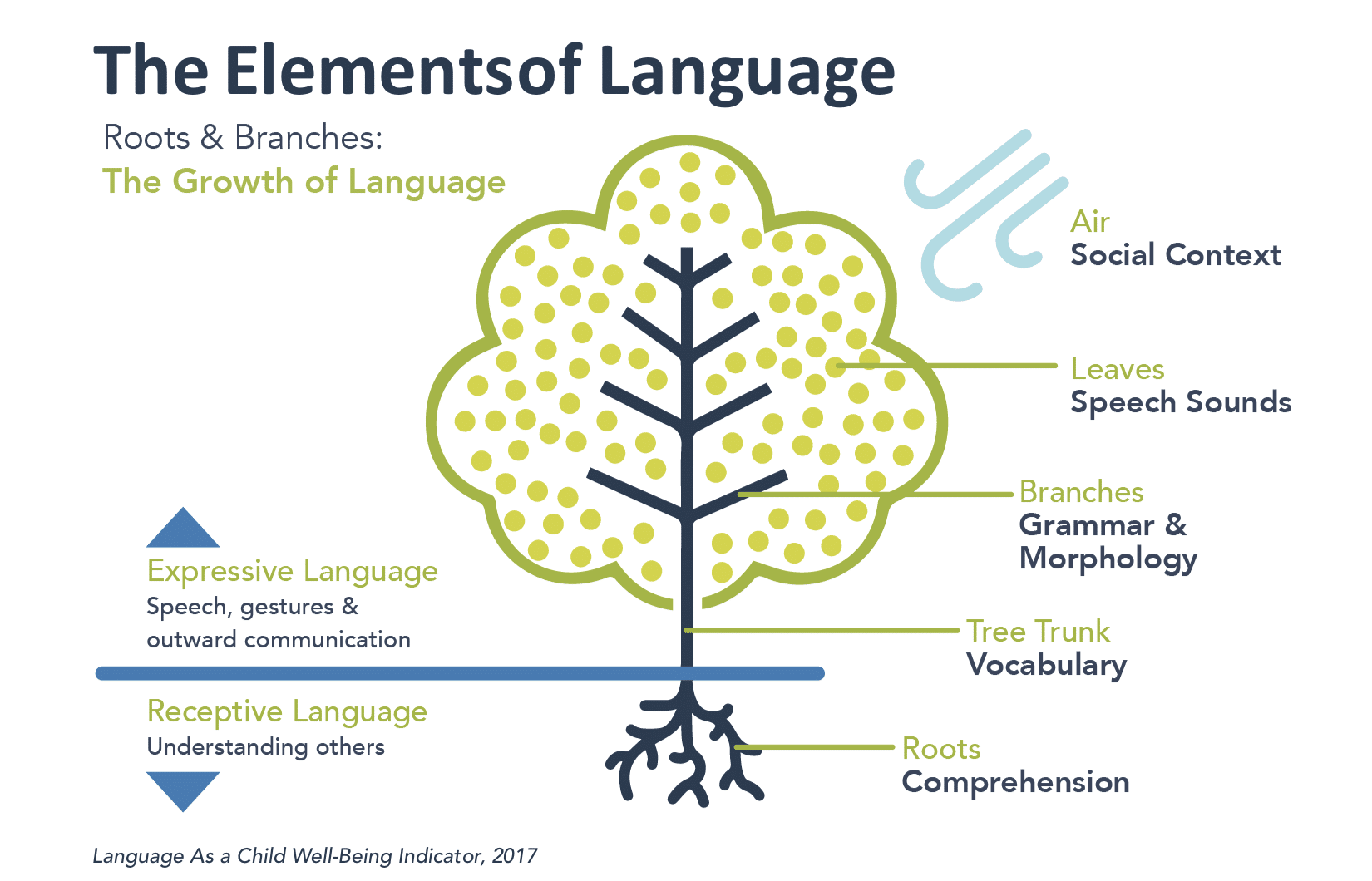Recognizing the Signals Kids are Sending to Help them Succeed

by Sarah Torian and Arianne Weldon
Douglas County Juvenile Court Judge Peggy Walker says, “When children don’t have words, their behavior becomes their language.” This is the reality judges see in courtrooms every day—that children with undiagnosed language deficiencies are far too often sanctioned for behavior, distancing them from interventions that could help, and instead, pushing them into the school-to-prison pipeline.
With support from the Sandra Dunagan Deal Center for Early Language and Literacy at Georgia College, the National Alliance on Mental Health-Georgia (NAMI-GA), Georgia Department of Education (GaDOE), and Georgia State University (GSU) recently co-developed the five-part “Signals” webinar series designed to help teachers and others who interact with children from birth through age 12 to recognize and appropriately respond to the signals of language deficits.
“When we were planning these webinars, we discussed all the signals children could be sending us about how they’re doing,” said Cheryl Benefield, GaDOE Safe and Supportive Schools program manager. “That’s where the name for the series came from. We were talking about how a child’s behavior is a signal and how those signals are often misinterpreted.”

The free webinars represent the first component of the partners’ plan to develop training materials to build the capacity of educators, caregivers, family members, and medical providers to recognize the signals of social-emotional and mental health development of children.
- Attribution Theory describes the impact of fundamental attribution error on disciplinary action and student success. Fundamental attribution error is the tendency to emphasize internal characteristics or deficiencies like attitude and disrespect instead of external factors like hunger and poor health in explaining behavior.
- Missed Diagnoses and Missed Opportunities explores the impact of language deficits—both receptive and expressive—and the importance of abundant language nutrition in the early years in preparing children for success in school and life.
- Language, Emotional Regulation, and Behavior: Untangle the Triangle describes how language and communication interact with children’s social-emotional skills, emotional regulation, and contextual factors that affect behavior.
- Language Acquisition Strategies for Families highlights research on the impact poor language skills in childhood can have on a child’s lifelong trajectory and shares concrete steps that families and caregivers can take to build children’s language and address inappropriate behaviors.
- Social-Emotional Engagement: Language, Literacy, and Learning describes how parents and caregivers can help infants and young children “fall in love with the social world” as a strategy for promoting language development and learning.
“What’s exciting about these webinars is their focus on solutions rather than remedies,” said Jennifer Cardenas, NAMI-GA children and young adult programs manager. “They push us to ask what’s causing the behavior. Is it a language deficit, an underlying medical need, food insecurity, housing insecurity, or transience? And how can we provide a solution that supports the whole child, helping them access the language and learning opportunities they need to overcome those challenges?”
The webinars respond to research showing that receptive and expressive language deficits often are often not diagnosed until it becomes clear that a child cannot follow directions or express themselves. By then, the child is often already falling behind in learning as well.
“Signals aligns well with our mission of improving children’s early language and literacy skills by providing research-based professional development to organizations working with children from birth through age 8,” said Deal Center Early Language Specialist Dede Addy. “The Deal Center enthusiastically supports this type of innovative, research-based program that will help every Georgia child to read proficiently.”
Language skills also connect to mental health. Teens who are able to describe negative emotions are better protected against depression. When adults understand the behaviors that are developmentally appropriate for young children, they can promote language development and avoid incorrect diagnoses and inappropriate responses to disruptive behavior.
“When we talk about helping struggling kids, we often talk about interventions,” said Benefield. “What’s unique about Signals is that it’s designed to help educators and others take an upstream prevention approach, building children’s language skills so they have the protective factor of strong language. The focus on language skills really resonates with educators because it’s in their wheelhouse.”
Check out the interactive Signals webinar series.
Check out “Responding to the Signals Kids are Sending in State and Local Systems” to learn more about how the “Signals” webinar series is part of a broader effort to address non-academic factors that affect children’s learning outcomes.
